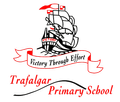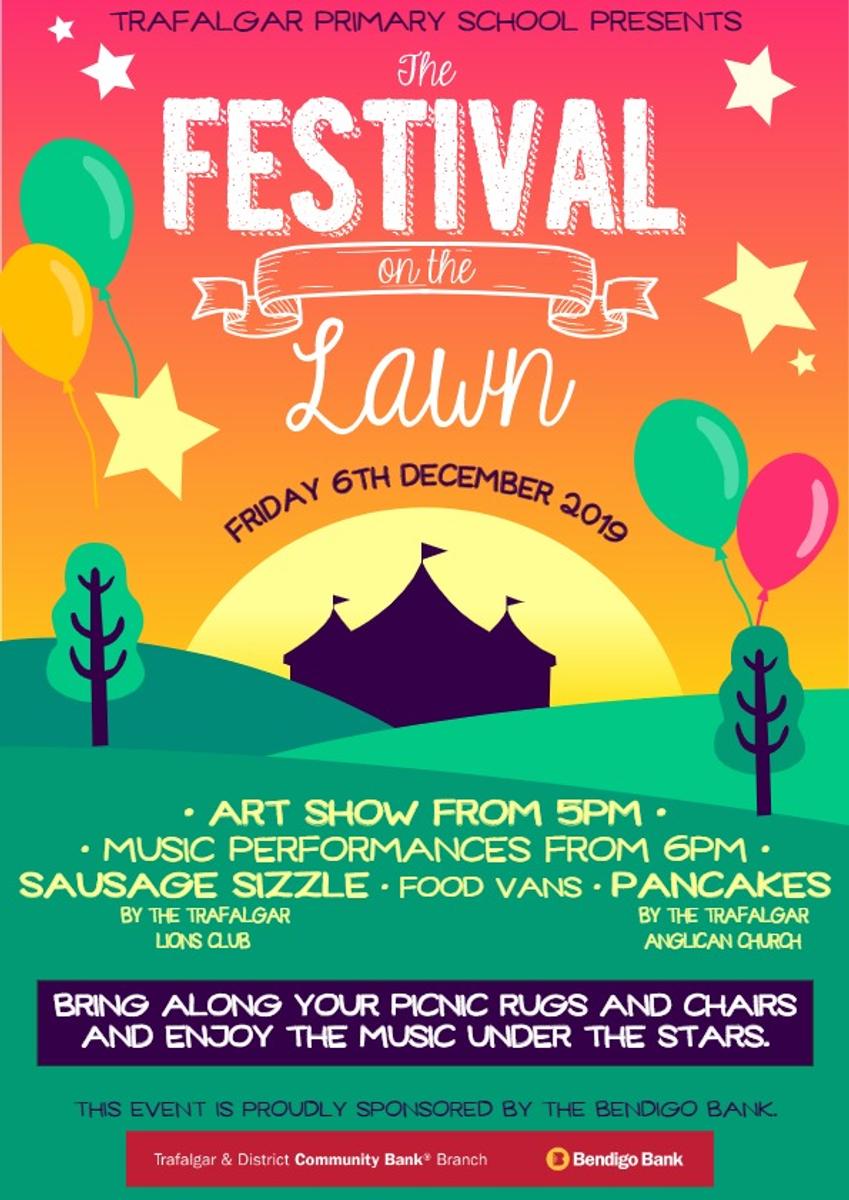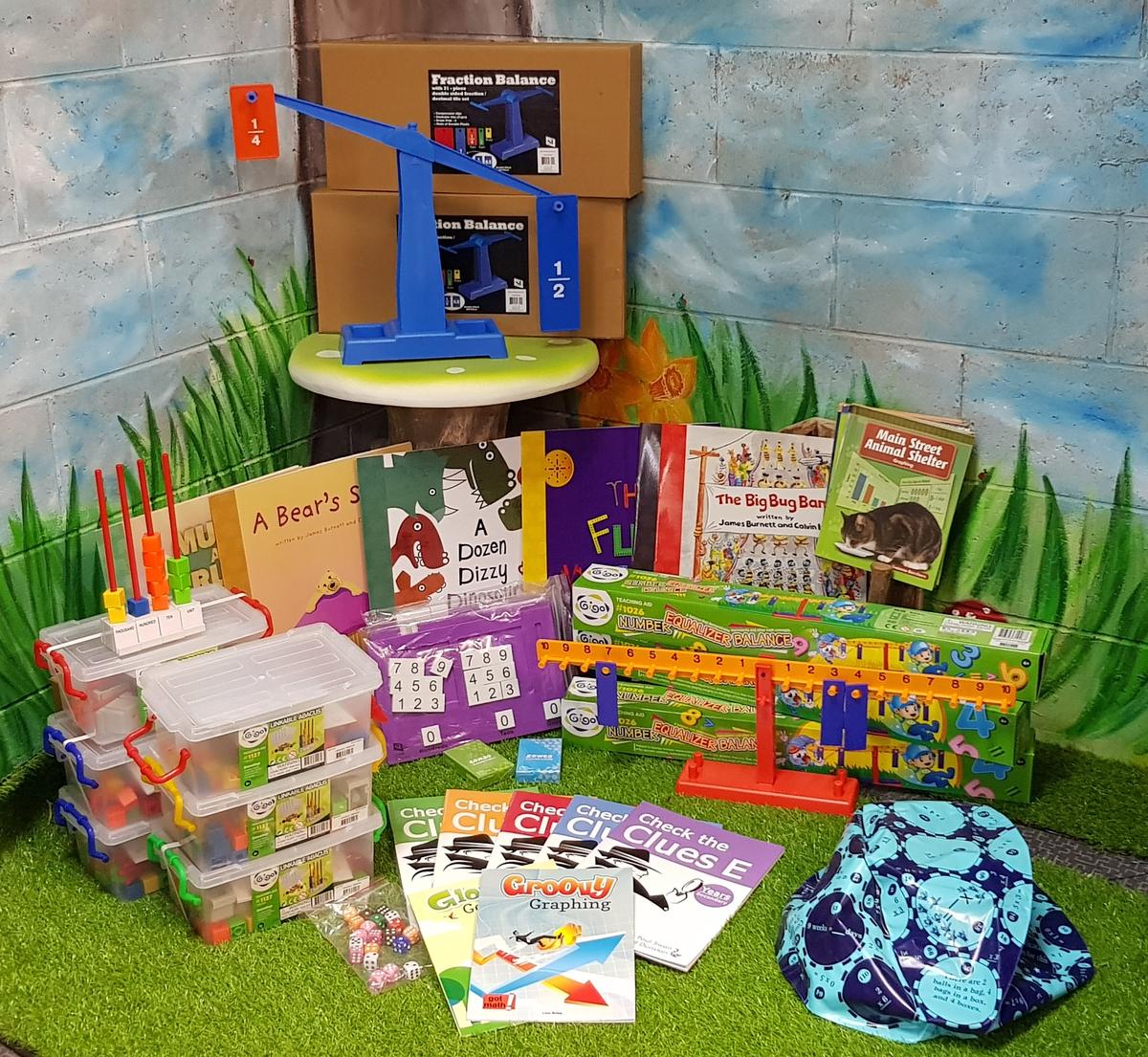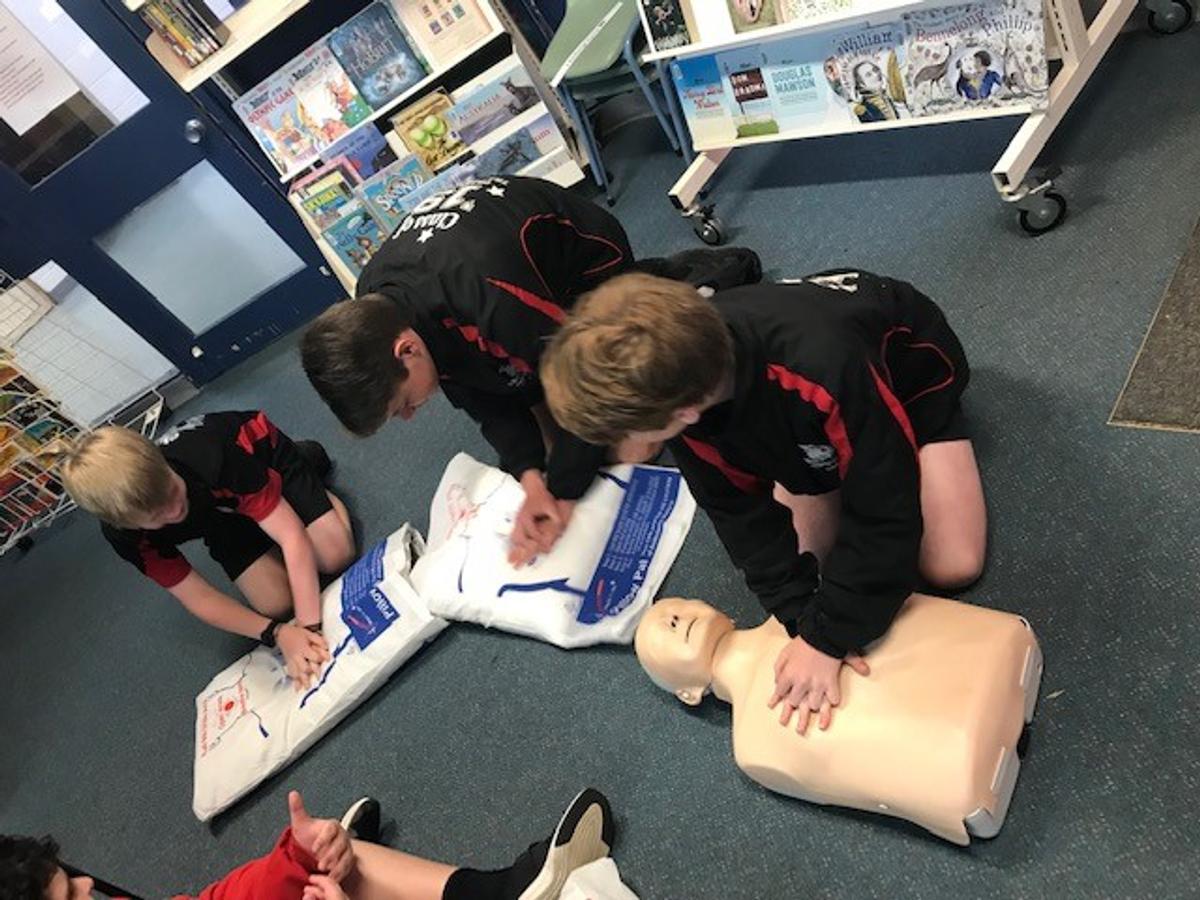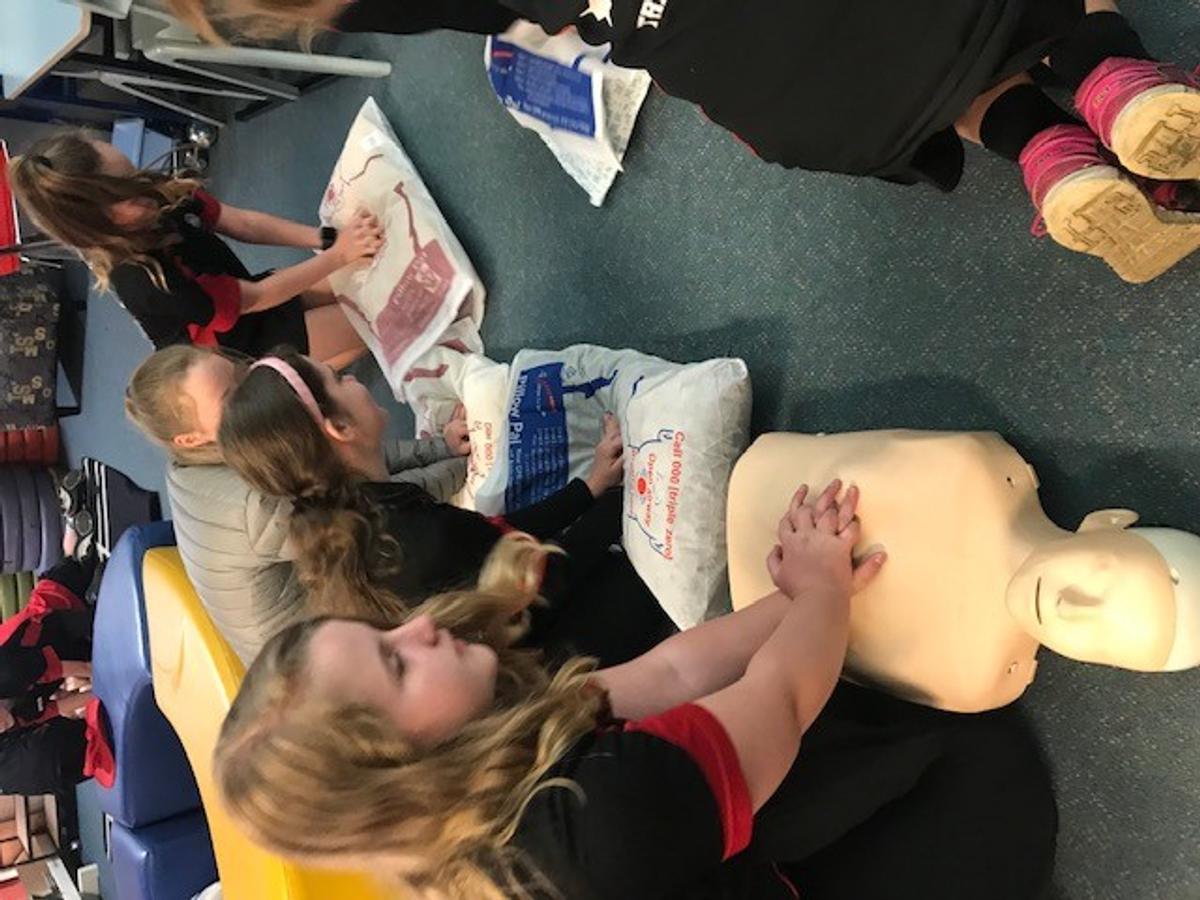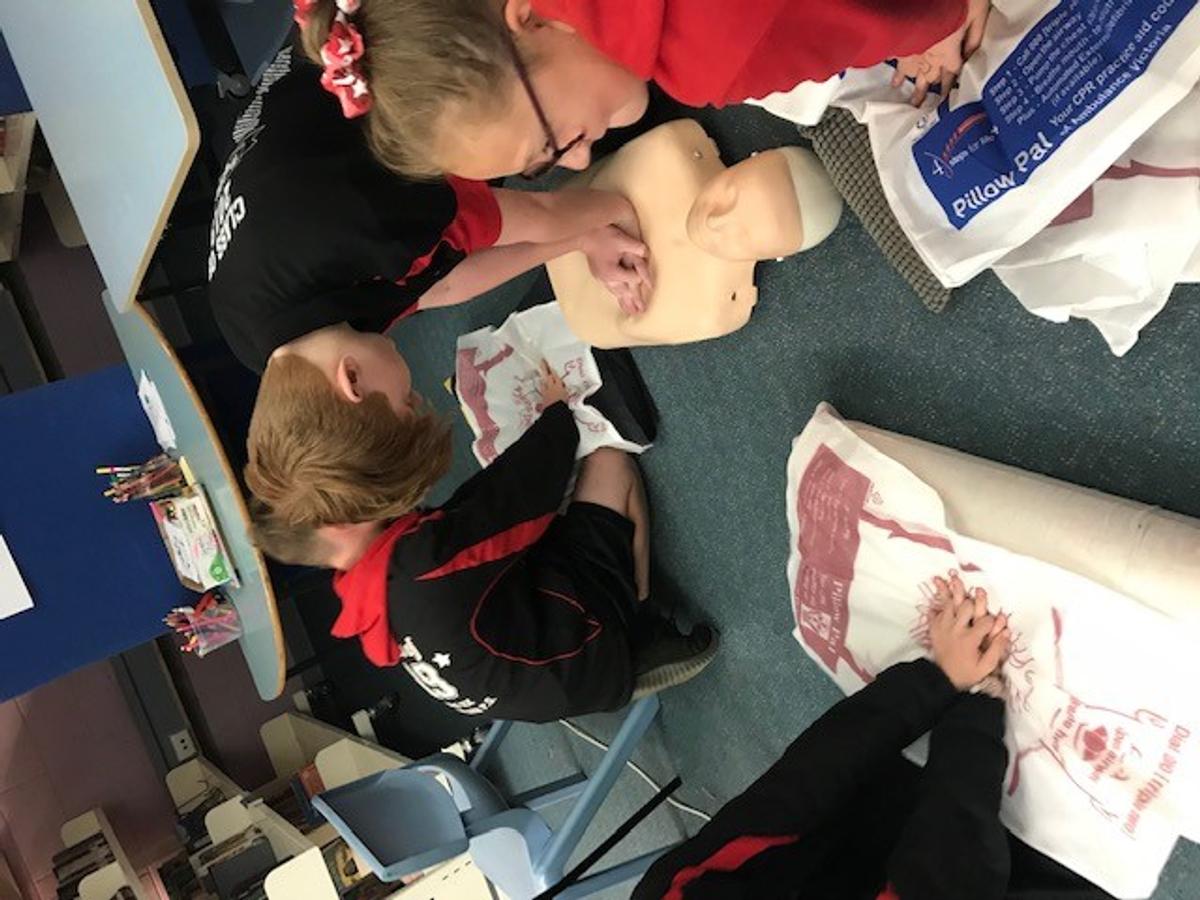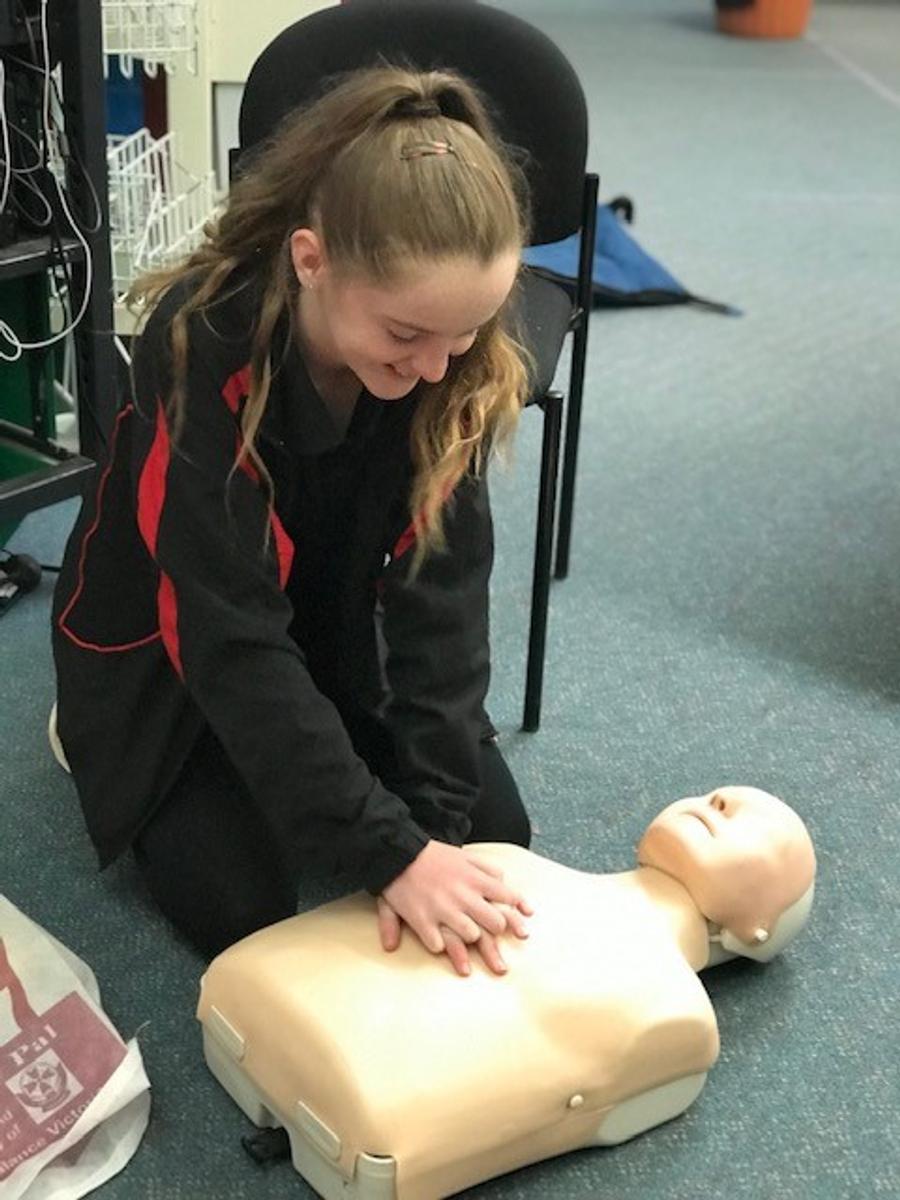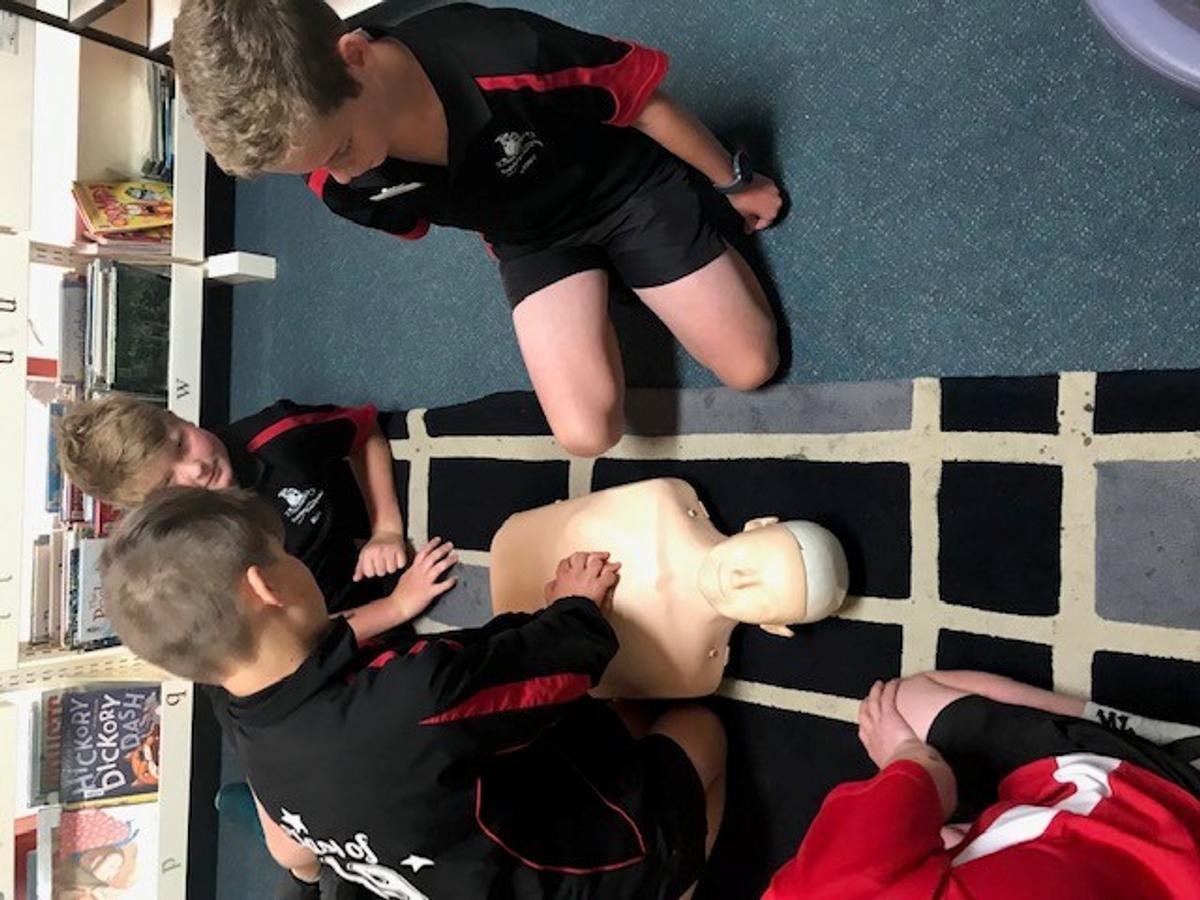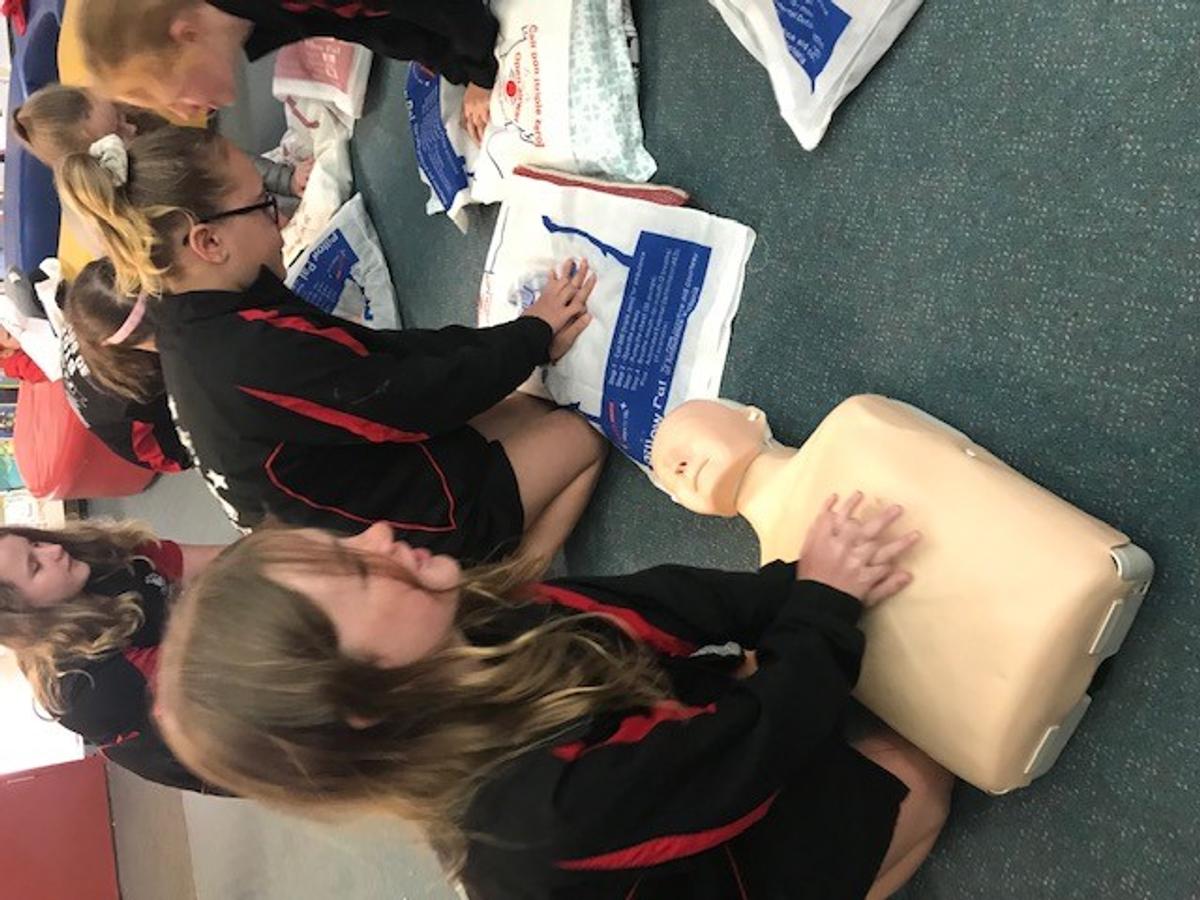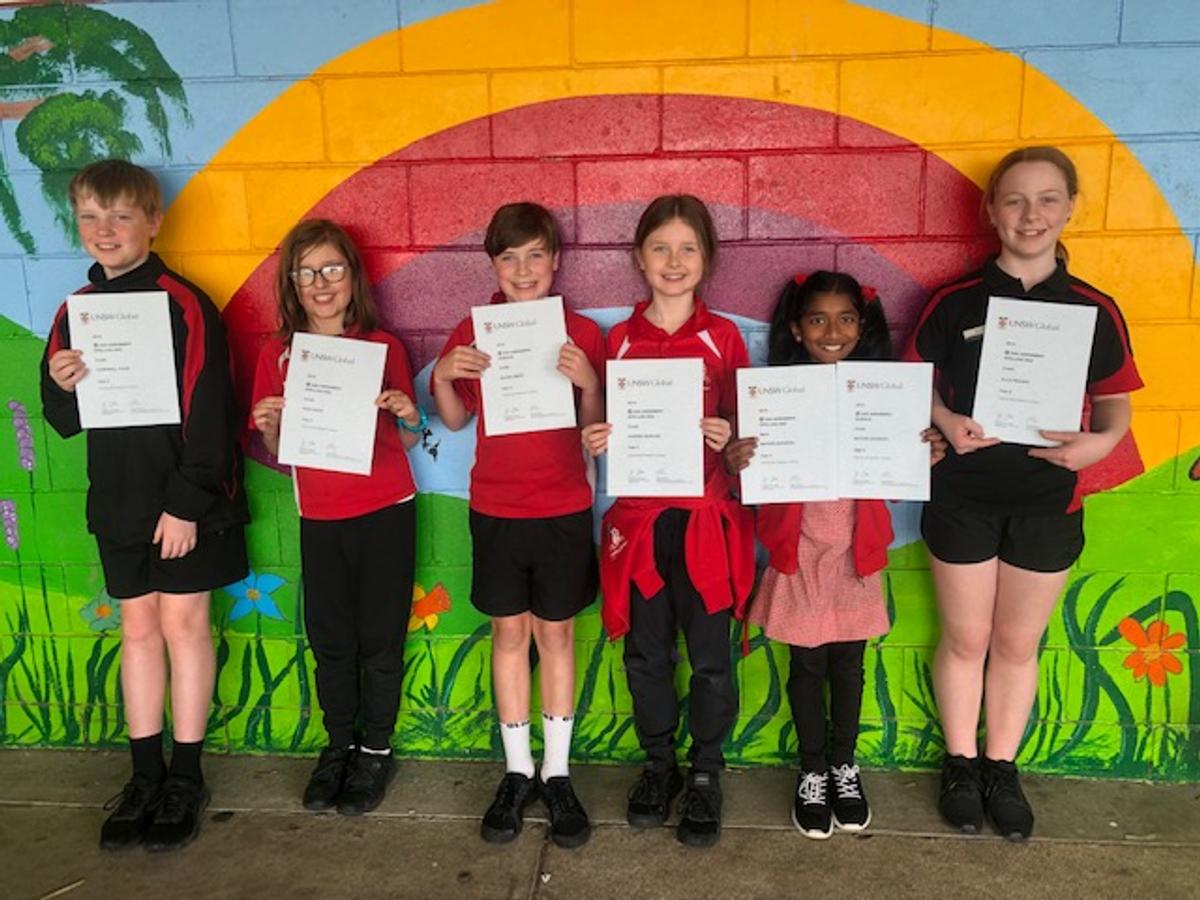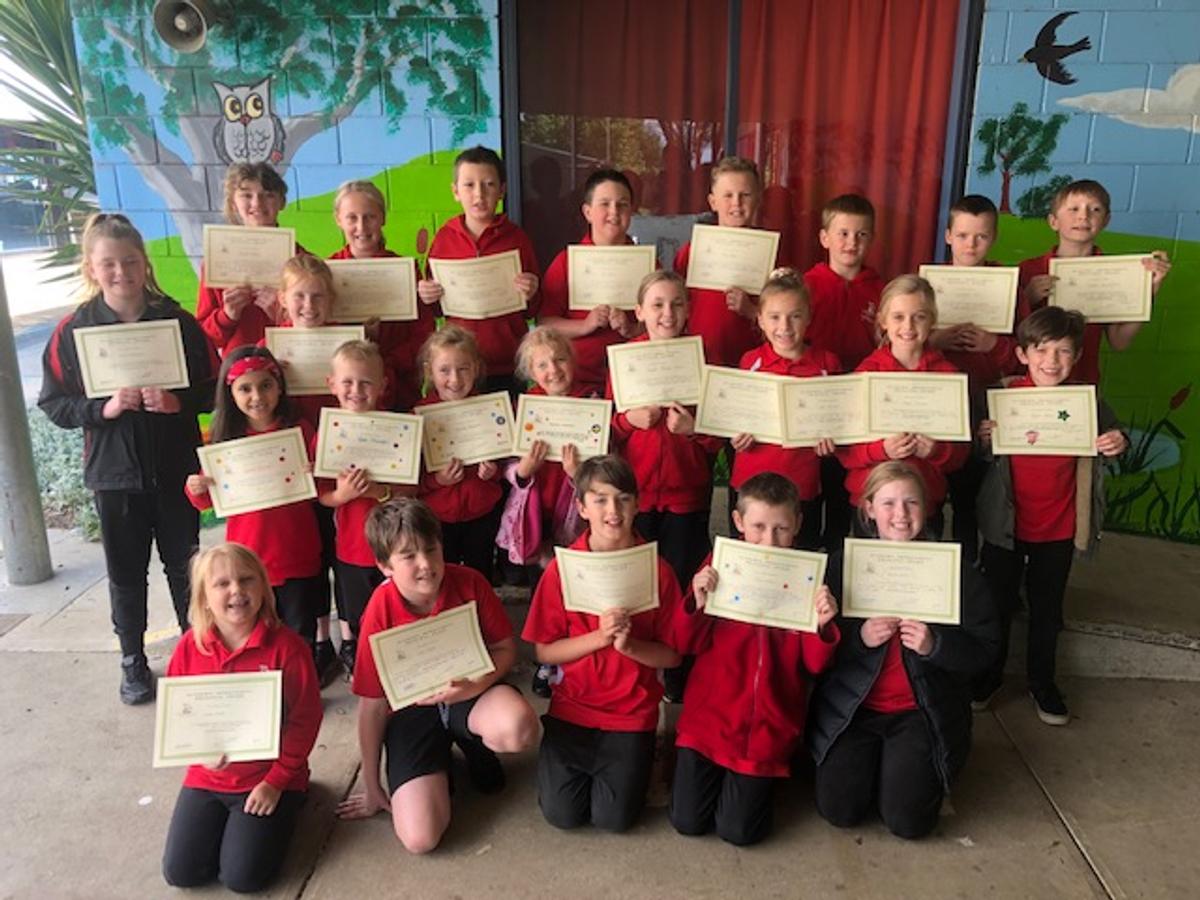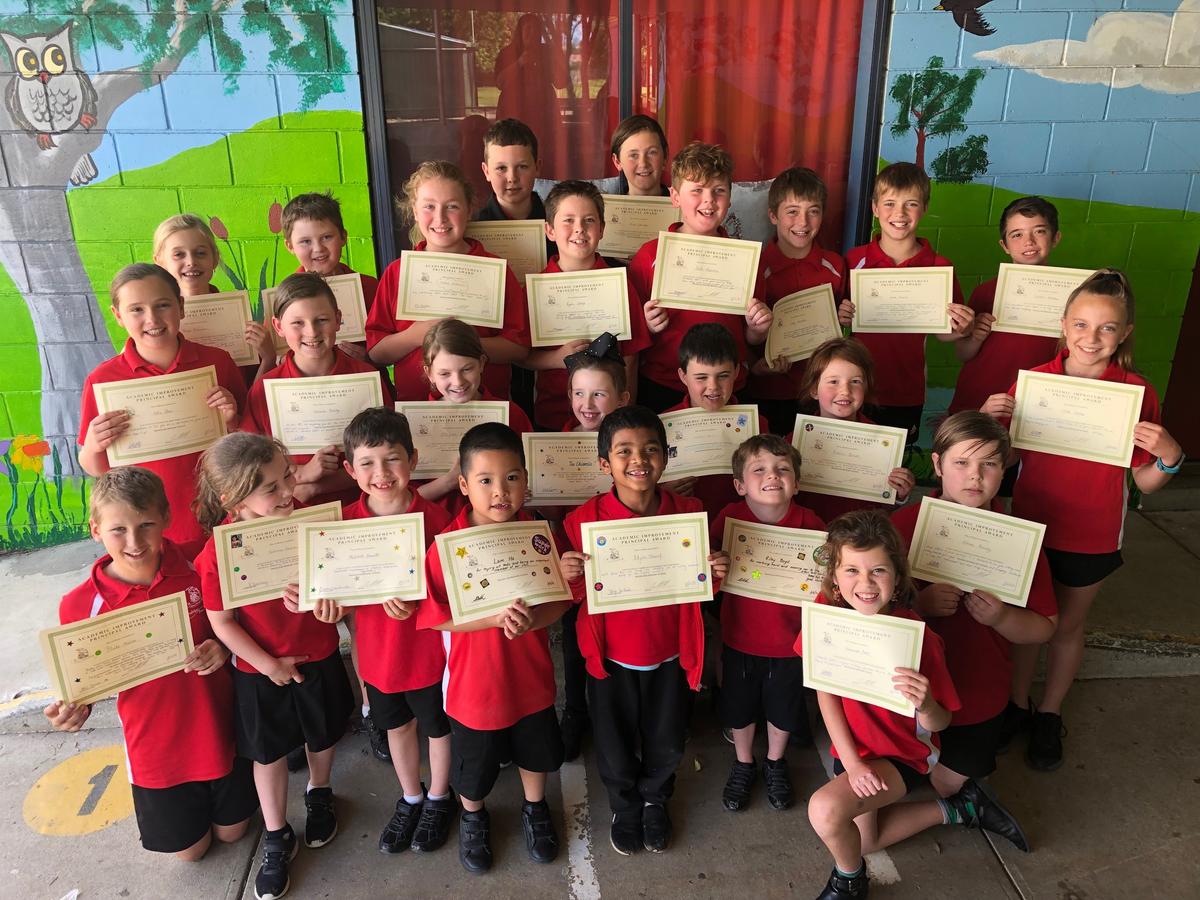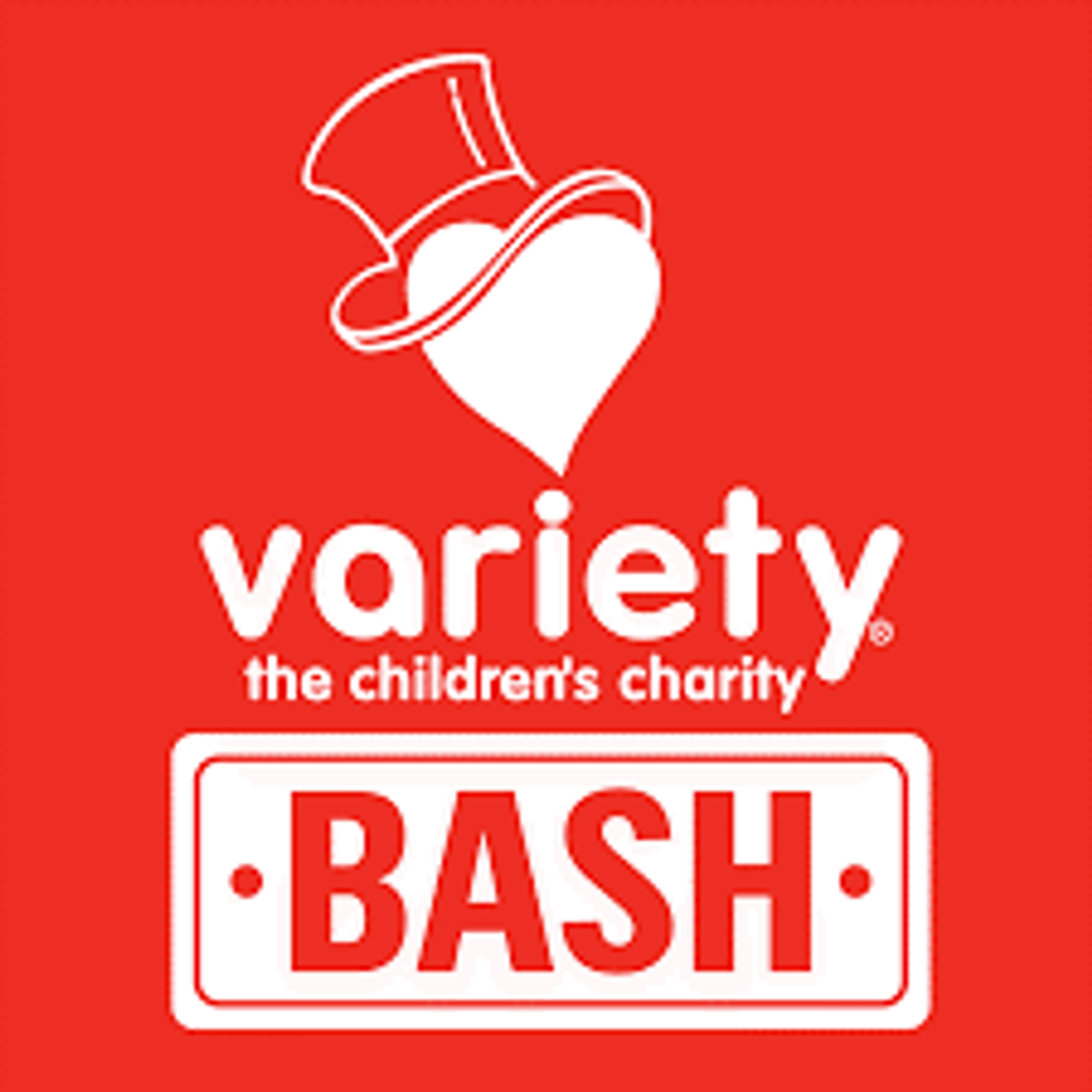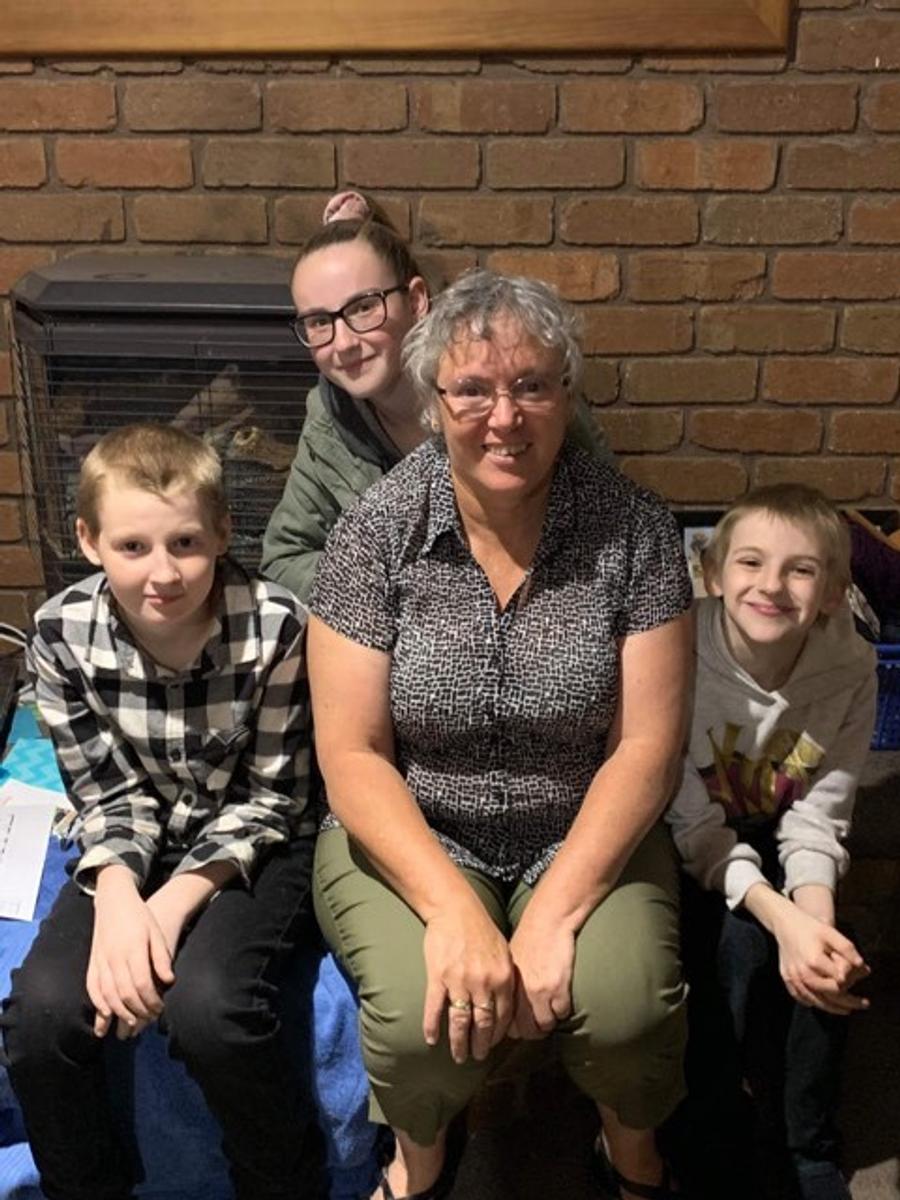The Talk Around ... TPS
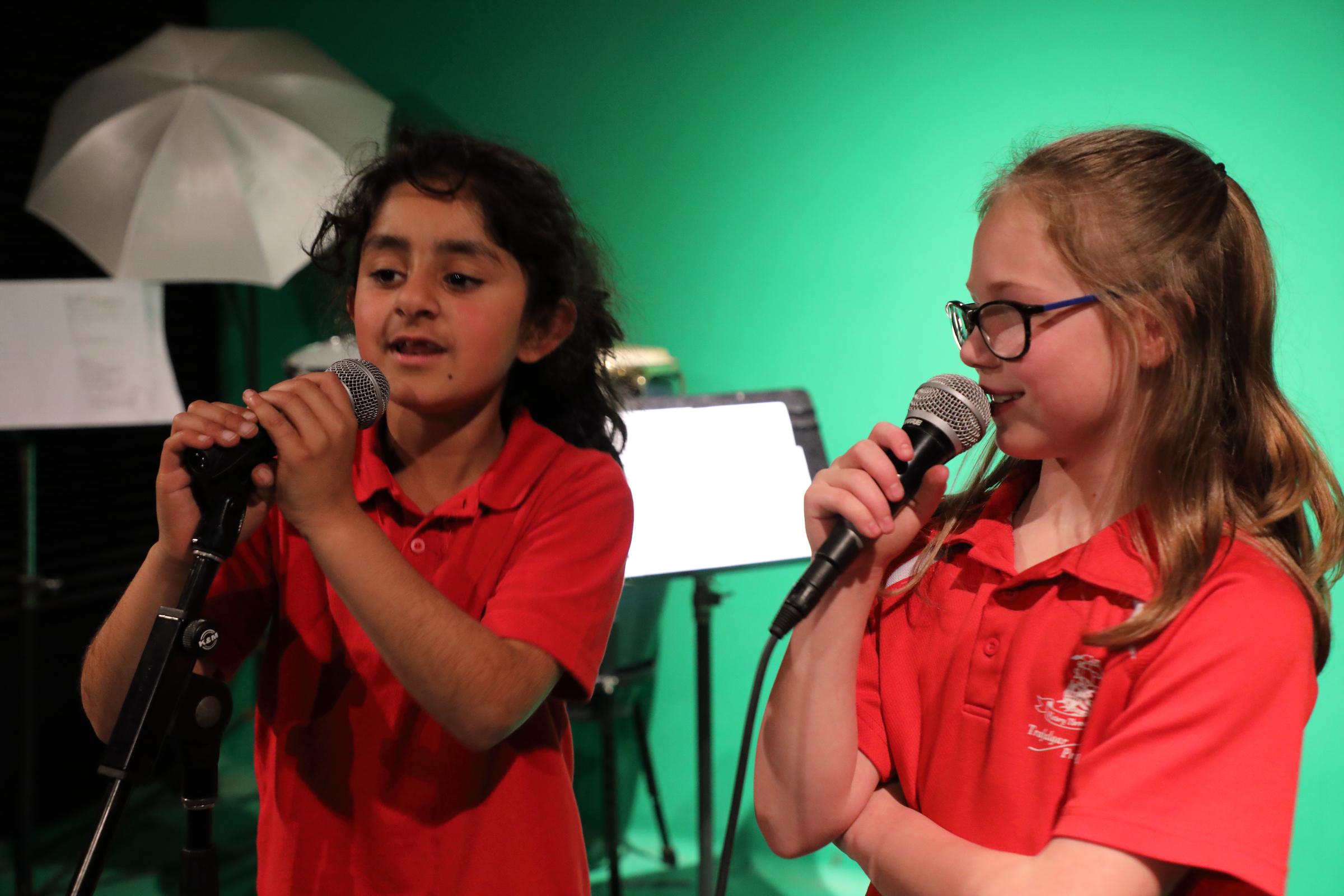
Festival on the Lawn - 6th December
Calling all parents helpers for Festival on Lawn. Please see Mrs Hardy if you are able to assist.
Parents & Friends AGM 4th December 7.30pm
We NEED committed parents, friends, carers for the
2020 Trafalgar Primary School Parents and Friends committee.
At TPS, the P&F works with the principal, teachers and the School Council to provide additional resources that enhance and complement student learning. Primarily, we do so through our fundraising activities but we also provide a forum for offering feedback and suggestions on school policies and activities.
We run a lap-a-thon each year that contributes funds to sporting equipment, as well as a Book Fair that helps the school maintain a well-stocked library and up to date take home books for our children to read. Sausage sizzles complement different school events. Our Mother’s and Father’s day stalls are run, not as fundraisers, but as a service to our school community. The annual Easter raffle is very popular because of the number of students and families who go home with prizes thanks to the generosity of the school community. And our school disco was a huge success and looks like becoming an annual event in the school calendar.
Without a committee, without an executive, Trafalgar Primary School Parents and Friends do not have a mandate to organise any of the fundraisers that ultimately benefit all our children and the whole school community.
Please consider volunteering to join the Parents and Friends committee (not a huge time commitment as we have around 8 meetings a year), organising (or helping to organise) an event with help of the committee, or helping at different events.
WE need to see you at our AGM on
Wednesday 4th December, 7.30 p.m at Trafalgar Primary School
so that there is a Parents and Friends committee in 2020
Nominations will be called for all positions.
Please contact Debbie on pandfsecretary3824@gmail.com or in person at the meeting to express your interest in a position.
Positions available are President, Secretary and Treasurer.
Chromebooks for 2020
Parents of current Grade 2 students and new students commencing in Year 3-5, 2020, just a friendly reminder in regards to our Chromebook program. The order cut off date to guarantee delivery for start of Term 1 next year is the 3rd of December 2019. As always for orders placed after this date, Edunet can’t fully guarantee delivery for the start of Term 1 2020.
The online ordering portal is accessible via http://trafalgarps.technology portal.com.au. The Access Code you will need to access the portal is “TPS2020”.
Earn & Learn
This year we spent the Earn and Learn tokens on maths resources! The total cost would have been $1219.47!!! We tried to purchase a variety of manipulatives and maths picture story books for a range of year levels.
Thanks to those that counted all the stickers! We’re very lucky for the generosity from Woolworths and very thankful to all the families that donated the stickers to Trafalgar Primary School.
Nadine Gulle, Primary Maths Specialist
Grade 6 CPR training
On Tuesday 26th November, we were fortunate to have a qualified First Aid trainer come to the school to provide training to our Grade 6 students on how to perform CPR.
Awards
Variety Brats Bash 2020
Kobe, Brok and Charly Vanboven are very excited to be taking part in the Variety Brats Bash in March 2020, they will be traveling with their Aunty who recently competed in the Variety Bash Melbourne to Geraldton tour. They will be travelling from Melbourne to...a mystery Northern town! That's right Brats, this time around we will be surprising you every step of the way as we take in the best of this great country.
The kids will be traveling in the Variety Brats Bash in car number 3600 and will be dressing up as characters from the Cat in the Hat
The Variety Brats Bash gives you the opportunity to take your family on an incredible adventure all while raising funds for Variety – the Children’s Charity. Like all variety events the brats bash raises much needed funds for children who are sick, disadvantaged or have special needs in victoria.
Throughout the event they will be visiting local towns, stopping into schools and organisations to help kids who are sick, disadvantaged or who have special needs through the provision of educational, health and mobility equipment.
If you would like to help us out and donate to this fantastic cause our fundraising link is below https://fundraise.variety.org.au/s/109/503/s
Some fundraising ideas we have:
Free dress day
Dress up day
Posters on display around the school
Write up in the newsletter
Crazy hair day
Primary School Nursing
The Primary School Nursing Program is a free service offered by the Department of Education and
Training.
Your child will receive the School Entrant Health Questionnaire in their first year at school-please complete this form and return it to school as soon as possible. If you do not wish for your child to be seen please tick the ‘no’ box, & sign on page 5 of the questionnaire.
The information in the questionnaire helps the Primary School Nurse understand any concerns you
may have about your child’s health & development & the impact this may have on their learning. This
information is important in providing support for you & your child. If your child need’s a brief further
assessment such as a vision or hearing test the nurse will see them at school.
You can contact the nurse directly if you wish to discuss the screening which may include checking
your child’s distance vision, hearing, speech and oral health. The nurse is also available to parents to
discuss on any concerns with parenting and child health & wellbeing issues.
Transition to School– changes for your Child
Starting school involves a number of changes for children and families. Some useful tips to assist in the
transition to school include:
Getting familiar with your child’s new school
In the months and weeks before starting school, it’s good for your child to get familiar with the school
environment. This includes routines and rules as well as the classroom, playground, toilets, drinking fountains and so on.
If your child going to attend a school with a school transition program, try to make sure your child is
able to attend on the days the children visit ‘big school’.
Managing feelings about starting school
Starting school can be a big change for your child, and they might feel a bit anxious as well as excited.
Letting your child know that you think they’ll go well at school, this can help them feel positive. Give your child lots of love and support.-Be excited and enthusiastic about your child starting school. This sends your child the positive message that school is exciting and that they’ll manage well and have fun.
Starting school: the early weeks
Here are some simple things you can do to help the first few weeks go smoothly:
Try to drop off your child at school before the bell goes in the morning. Also pick your child up on
time. If you’re late it could make your child feel a bit anxious.
Try to make after-school time a bit special, with a snack and time for the two of you to chat.-You
could try saying something like, ‘Tell me one good thing about your day’.
Don’t expect too much academic progress too soon. If your child is happy and seems to be enjoying
school, that’s a real achievement. The rest will come later.
Remember that it’s normal for children to play with lots of different children, and even to play on
their own sometimes. It takes a while before they settle into a group of friends.
When should my child’s eyes be tested?
Optometrists Association Australia recommends that children have a full eye examination with an Optometrist before starting school and regularly as they progress through primary and secondary schools.
An eye examination with an Optometrist takes approximately 25 minutes and attracts a Medicare rebate- no referral is required.
Please record any vision testing and/or family history of vision problems on the School Entrant Health Questionnaire.
If there has not been any vision testing prior to starting school the Primary School Nurse is able to check you child’s distance vision and provide a referral if needed.
Signs that could indicate a possible vision problem:
One eye turns in or out while the other points straight ahead.
Frequent blinking/rubbing of the eye
Red or watery eyes
Sensitivity to light
Tilting head noticeably
Poor hand eye co-ordination
Covering or closing one eye
Difficulty learning to read
Holding a book very close to read
Leaving out or confusing words when reading
Squinting or sitting very close when watching TV
Complaints of headaches, blurred/double vision
Dental Health
Regular dental check-ups (6-12 monthly) are recommended as part of your child’s dental health routine. Healthy teeth and gums are vital to your school-age child’s general health. Dental care for children’s teeth starts with cleaning your child’s teeth twice a day.
Your child may be eligible for the Commonwealth Child Dental Benefits Schedule, which provides $1000 worth of basic dental care over a 2 year period for eligible children. Contact LCHS Dental Services on 1800 242 696 to make an appointment.
Sleep and Learning
Good-quality sleep helps your child concentrate, remember things and behave well. These all help them to be a successful learner.
Poor sleep or not enough sleep affects concentration, memory and behaviour, making it harder for your child to learn. Children who don’t sleep well are more likely to feel sleepy and to have difficulties with learning.
Concentration
Children who are sleepy have trouble concentrating during the day. If your child can’t keep their attention on what they’re trying to learn, whether it’s climbing a tree at the park or singing a song at school, it will affect their learning.
Memory
Remembering things is part of learning. When your child is tired, it’s harder for them to remember basic information such as learning the alphabet, numbers, words and following instructions.
Our brains create and strengthen different types of memory in different sleep cycles. Just before your child wakes in the morning, their brain uses the last stages of REM sleep to sort and store memories and information from the previous day and get ready for the day ahead.
Behaviour
Sleepy children tend to have more problems with behaviour school- and at home too! For example, a sleepy child might play up in class or refuse to follow the teacher’s instructions. A sleepy child might miss out on learning because the teacher is busy managing their behaviour. The child might also miss out on playing with other children if they don’t like the way s/he’s behaving.
If your child is having problems with their concentration, memory or behaviour, checking their sleep is a good place to start.
If you’re worried, or the problems go on for more than 2-4 weeks, talk to your doctor, Primary School Nurse or Maternal and Child Health Nurse.
Information taken from the Raising Children Network www.raisingchildren.net.au
